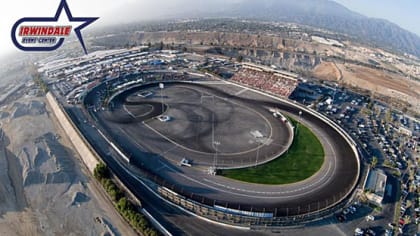BOOK REVIEW: PIONEERS, ENGINEERS, AND SCOUNDRELS: THE DAWN OF THE AUTOMOBILE
This article is from our archives and has not been updated and integrated with our "new" site yet... Even so, it's still awesome - so keep reading!
Published on Mon, Feb 14, 2005
By: The LACar Editorial Staff
PIONEERS,
ENGINEERS, AND SCOUNDRELS
Review by HAROLD OSMER
Imagine a gathering in a room with, say, 300 people in it. All of them know one
another to some degree, all are interconnected by a common interest, they lived
about 100 years ago, and each has contributed in ways large and small to the
formation of our current American way of life. Further imagine yourself as
familiar with many of the names and some of the stories but searching for
someone to help bring the tales together.
Fortunately, our delightful hostess in this scenario is Beverly Rae Kimes. With
Pioneers, Engineers, and Scoundrels: The Dawn of the Automobile in America,
Kimes provides a fascinating account of the myriad people, places, and
technological innovations that formed the American automobile industry.
At first, no one paid much attention to the farmhouse mechanics and tinkerers
attempting to harness steam engines to horse buggies. When less cumbersome
electrical and gasoline power became available in the late 1800s, automotive
pioneers and engineers turned their collective attention toward the promise of
individual mobility. Businessmen, bankers, and speculators - many of them
scoundrels - also saw an opportunity and created an entirely new industry.
American society would never be the same.
Kimes starts at the beginning with Oliver Evans, who operated the first American
vehicle to move under its own power in July 1805. Though nothing more than a
"harbor dredge dressed as a land carriage," the steam-powered Orukter
moved at 3 or 4 miles per hour and delivered the dredge for duty on the banks of
the Schuykill River in Philadelphia. Evans issued a challenge to his critics
that for $3000 he could build a steam carriage capable of outrunning the
swiftest horse. No one took him up on the offer. The Orukter preceded the steam
locomotive age by four decades.
Early experimentation with various forms of propulsion took place in relative
obscurity. Contemporary scientific journals and, later, automotive magazines
reported on the efforts of these obscure inventors. Kimes gives the reader
enough technical details to illustrate her point then moves along in a more or
less chronological manner. ['more or less' because there are so many intertwined
sto
By 1900, it was becoming clear that the automobile was here to stay. America
itself was the land of opportunity and the automobile promised a degree of
freedom that heretofore did not exist. Pioneers, Engineers, and Scoundrels
traces the twisted, rough road of the automobile from invention to acceptance to
industry.
From Evans, Duryea, Haynes-Apperson, and Colonel Pope to Dodge, Chevrolet, Ford,
and Chrysler, the author deftly introduces the reader to major and minor players
present in the formative years of the American automobile industry.
Personalities, politics, and rivalries abounded. The Dodge brothers made parts
for Ford, who nearly joined GM. Twins Francis and Freelan Stanley never exceeded
800 units annually and would not sell to anyone they did not like. WWI saw many
auto manufacturers retool for the war effort only to have the government
contracts reneged upon after spending millions.
As the real-life hostess at our imaginative gathering, Kimes fills us in on how
each individual in the room added to the collective knowledge of the rest,
resulting in a wonderful book.
Pioneers, Engineers, and Scoundrels:
The Dawn of the Automobile in America
by Beverly Rae Kimes
Published by SAE International 2004
hardcover, 532 pages
$39.95
order via
1-877-606-7323
or
SAE International
or
Amazon.com





